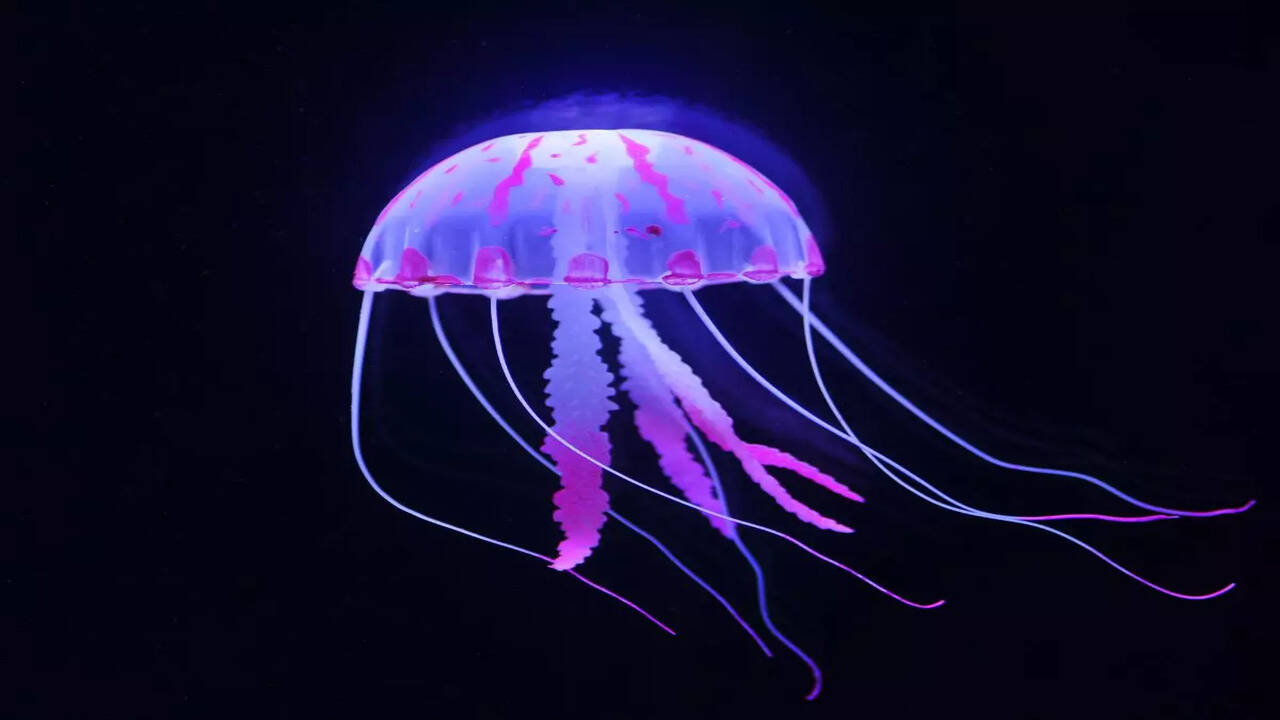You Won’t Believe These 10 Animals That Die Right After Giving Birth

In the animal kingdom, the cycle of life can be incredibly complex and in some species, reproduction comes at the ultimate cost. Here are 10 animals that give birth and then die, a phenomenon known as semelparity, where organisms reproduce once before death:....CONTINUE READING THE FULL STORY HERE
1. Pacific Salmon – After an exhausting journey upstream to spawn, Pacific salmon lay their eggs and die shortly after, due to hormonal changes and physical exhaustion.
2. Octopus (some species) – Female octopuses stop eating and often self-destruct after laying eggs, devoting themselves entirely to guarding their offspring until death.
3. Mayfly – These insects live only a few hours to a day in adulthood, just long enough to mate and lay eggs before dying.
4. Marsupial Mouse (Antechinus) – Males go through intense mating seasons, releasing all their energy and hormones, which destroys their immune system and causes death shortly after.
5. Squid (many species) – Like octopuses, certain squid species die after spawning due to biological programming.
6. Sea Hare – These soft-bodied mollusks reproduce once in large masses and then perish.
7. Male Praying Mantis (sometimes) – During or after mating, the female may consume the male, a brutal yet effective nutritional boost for egg development.
8. Female Drone Bee – After mating, male honeybees die as their reproductive organs rupture inside the queen.
9. Tropical Coral Reef Fish (some gobies) – Certain species undergo sex changes and die shortly after reproduction.
10. Certain Frogs (e.g., Gastric-brooding frogs) – These extinct frogs swallowed their eggs and birthed through the mouth, dying due to the physical strain involved.
This tragic yet fascinating reproductive strategy ensures that all the parent’s energy goes into giving the next generation the best chance at survival.
Disclaimer: This content including advice provides generic information only. It is in no way a substitute for a qualified medical opinion. Always consult a specialist or your own doctor for more information. NEWSHOUR does not claim responsibility for this information.
